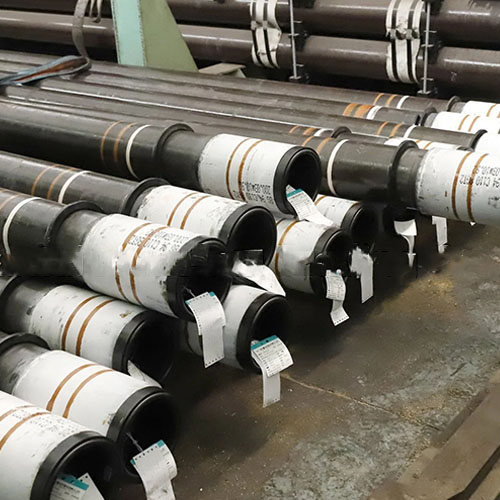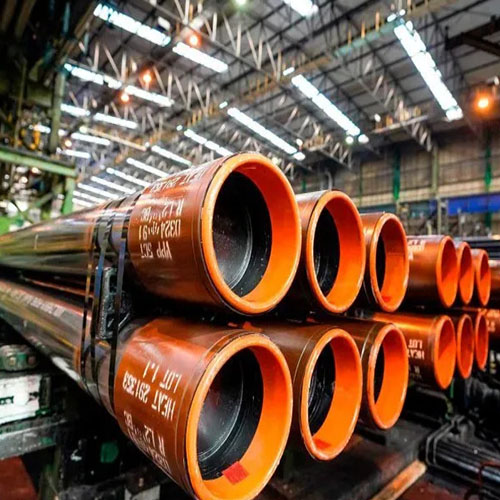Table of Contents
Factors Affecting Scrap Metal Prices
Scrap metal prices are influenced by a variety of factors that can fluctuate over time. Understanding these factors is crucial for those involved in the scrap metal industry, as they can have a significant impact on the profitability of buying and selling scrap metal.
One of the primary factors that affect scrap metal prices is the overall demand for metal. When there is a high demand for metal, prices tend to rise as suppliers are able to charge more for their products. Conversely, when demand is low, prices can drop as suppliers compete for business. This demand is often driven by factors such as construction activity, manufacturing output, and global economic conditions.
Another key factor that influences scrap metal prices is the supply of metal available in the market. When there is a surplus of metal, prices tend to decrease as suppliers are forced to lower their prices in order to sell their products. On the other hand, when there is a shortage of metal, prices can rise as suppliers are able to charge more for their products. This supply is influenced by factors such as mining output, Recycling rates, and global trade patterns.
The quality of the scrap metal being sold also plays a role in determining its price. Higher quality metal is typically more valuable than lower quality metal, as it can be used in a wider range of applications and is often easier to process. Factors such as the purity of the metal, the presence of contaminants, and the size and shape of the metal can all impact its value.
The location of the scrap metal can also affect its price, as transportation costs can vary depending on the distance between the supplier and the buyer. In general, scrap metal prices tend to be higher in areas where there is a high demand for metal and lower in areas where there is a surplus of metal. This is why many scrap metal suppliers choose to sell their products locally in order to minimize transportation costs and maximize their profits.


In addition to these factors, changes in government regulations and policies can also impact scrap metal prices. For example, tariffs on imported metal can drive up prices for domestic suppliers, while incentives for recycling can increase the supply of scrap metal and drive Down prices. It is important for those involved in the scrap metal industry to stay informed about these regulations and policies in order to anticipate how they may affect prices in the future.
Overall, scrap metal prices are influenced by a complex interplay of factors that can vary from one market to another. By understanding these factors and staying informed about market trends, those involved in the scrap metal industry can make more informed decisions about when to buy and sell scrap metal in order to maximize their profits.
How to Get the Best Price for Your Scrap Metal
Scrap metal prices can fluctuate greatly depending on a variety of factors, including the type of metal, the current market demand, and the condition of the scrap. If you have scrap metal that you are looking to sell, it is important to do your research and shop around to ensure that you are getting the best price possible.
One of the first things you should do when looking to sell your scrap metal is to identify the type of metal you have. Different metals have different values, with some being more valuable than others. Common types of scrap metal include Aluminum, Copper, brass, and steel. Once you have identified the type of metal you have, you can then research current market prices to get an idea of what your scrap metal is worth.
When it comes to selling your scrap metal, there are a few different options available to you. One option is to take your scrap metal to a local scrap yard or recycling center. These facilities will typically pay you based on the weight of your scrap metal and the current market price. Another option is to sell your scrap metal to a scrap metal dealer or broker. These professionals can often offer higher prices for your scrap metal, as they have connections in the industry and can sell your scrap metal for a profit.
If you choose to sell your scrap metal to a scrap yard or recycling center, it is important to shop around and get quotes from multiple facilities. Prices can vary greatly between different scrap yards, so it is worth taking the time to compare prices and find the best offer. Additionally, some scrap yards may offer incentives for bringing in larger quantities of scrap metal, so it may be worth holding onto your scrap metal until you have a larger load to sell.
When selling your scrap metal to a scrap metal dealer or broker, it is important to do your research and find a reputable professional. Look for a dealer or broker who has a good reputation in the industry and who offers fair prices for your scrap metal. You may also want to consider working with a dealer or broker who specializes in the type of metal you have, as they may be able to offer you a higher price for your scrap.
In addition to shopping around for the best price for your scrap metal, there are a few other things you can do to maximize your profits. One tip is to separate your scrap metal by type before selling it. This can help you get a higher price for your scrap, as some metals are more valuable than others. Additionally, cleaning and preparing your scrap metal before selling it can also help you get a better price. Removing any non-metal materials, such as plastic or rubber, can make your scrap metal more valuable to buyers.
Overall, getting the best price for your scrap metal requires research, patience, and a willingness to shop around. By identifying the type of metal you have, researching current market prices, and exploring different selling options, you can ensure that you are getting the best price possible for your scrap metal. With a little effort and diligence, you can turn your scrap metal into cash and make the most of this valuable resource.
